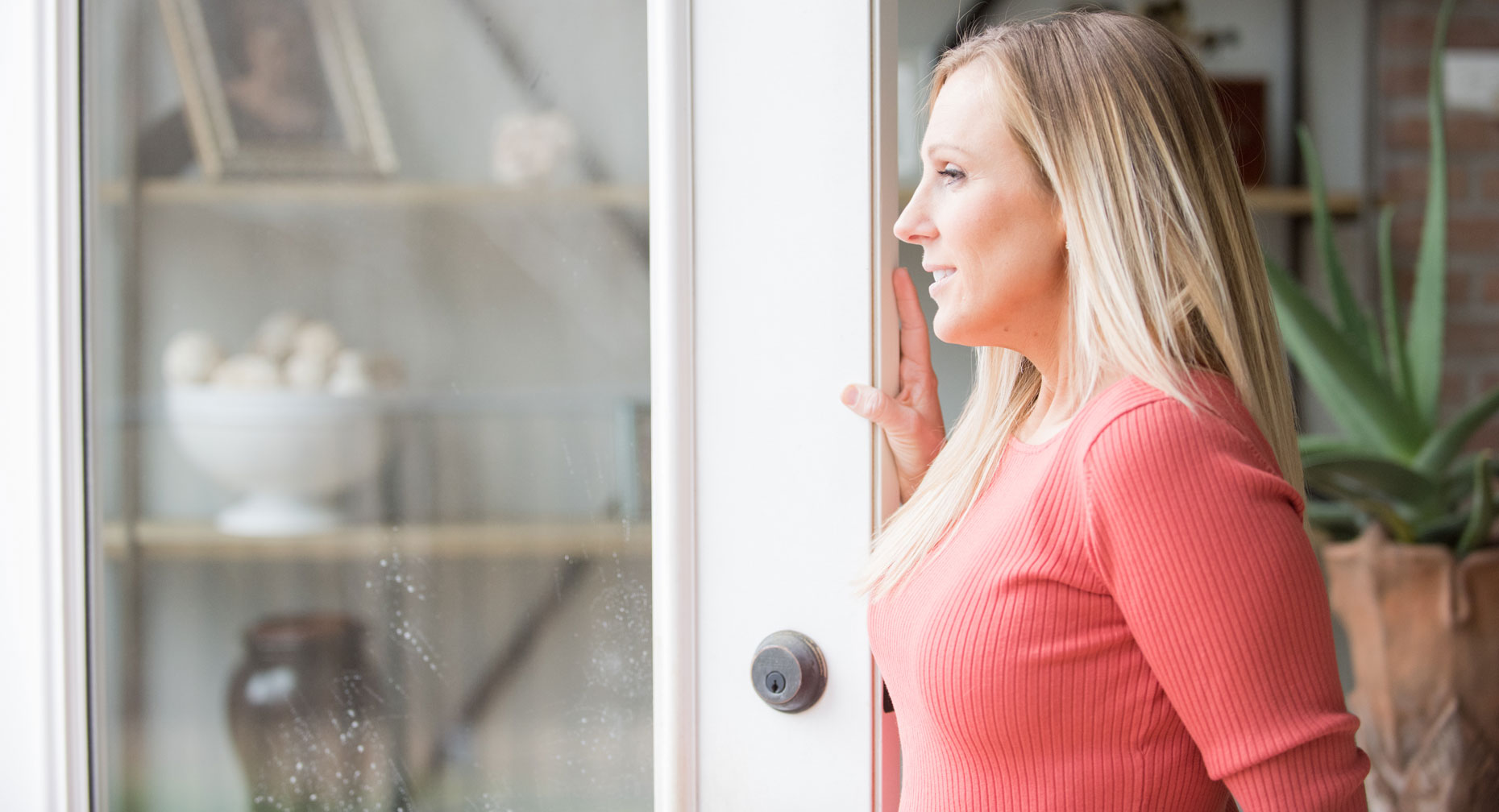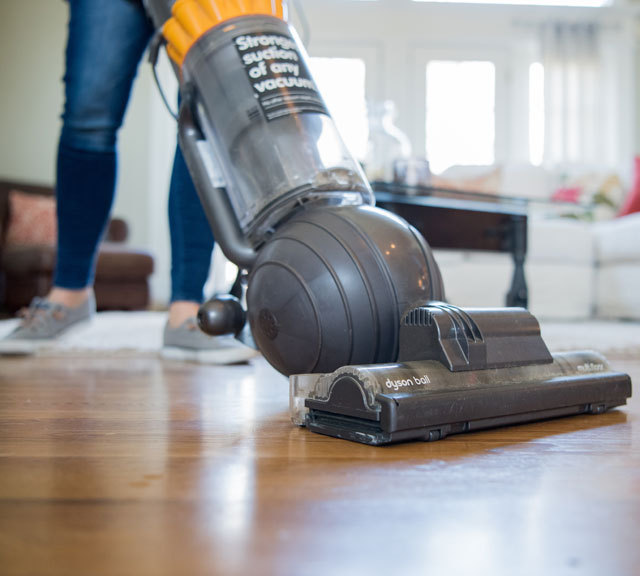Could Poor Air Quality in Your Home Make You Sick?

Find Your Perfect Match
Answer a few questions and we'll provide you with a list of primary care providers that best fit your needs.
Car exhaust and factory emissions pollute the air you breathe outdoors. You know that.
What people don’t often realize is that there are typically many chemicals, gases and allergens inside the home that can contribute to ill health for your family.
How can you tell if your house has poor air quality? Take a deep breath inside your home. Do you notice any lingering odors? Does the air seem stale? If so, the house might be showing signs of poor air quality.
It's important to have a smoke-free home. Ideally, it's better to not smoke. But if you or a family member is going to smoke, make sure that the smoking always occurs outside.
Air pollution in the home can come from a variety of sources, including:
- Tobacco smoke
- Gas-burning furnaces and appliances
- Mold
- Allergens
- Asbestos
- Animal dander
- Dust mites

Another clue that you might have poor air quality is if you feel like you are constantly fighting a cold, sickness or allergies. See whether or not your symptoms lessen when you leave the house.
Symptoms of poor air quality may include:
- Headaches
- Fatigue
- Coughing
- Nasal congestion
- Irritation of the eyes, nose and throat
- Nausea
- Dry eyes
- Dizziness
While most indoor air problems cause only minor discomfort or irritation, others can result in serious health problems. Cigarette smoke in the home can cause inner ear infections in small children, asthma, emphysema or lung cancer.
How to Improve Indoor Air Quality
Try the following recommendations:
- It's important to have a smoke-free home. Ideally, it's better to not smoke. But if you or a family member is going to smoke, make sure that the smoking always occurs outside.
- Make regular cleaning a priority. Mopping, dusting, sweeping and vacuuming can go a long way towards maintaining good quality air inside your home.
- Ventilation is especially important for rooms with high humidity, such as bathrooms, kitchens and basements. The idea is to prevent moisture from building up and causing mold.
Find Your Perfect Match
Answer a few questions and we'll provide you with a list of primary care providers that best fit your needs.
Source: American Industrial Hygiene Association; Centers for Disease Control and Prevention; Environmental Protection Agency




